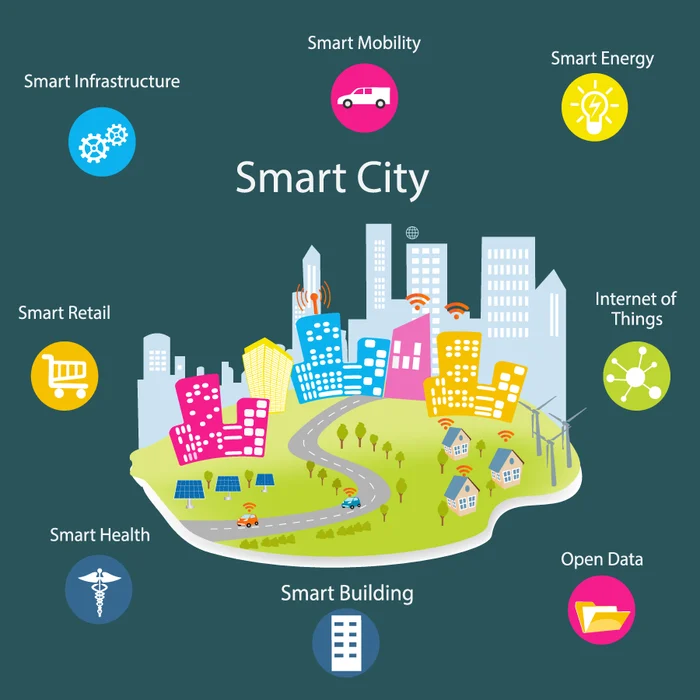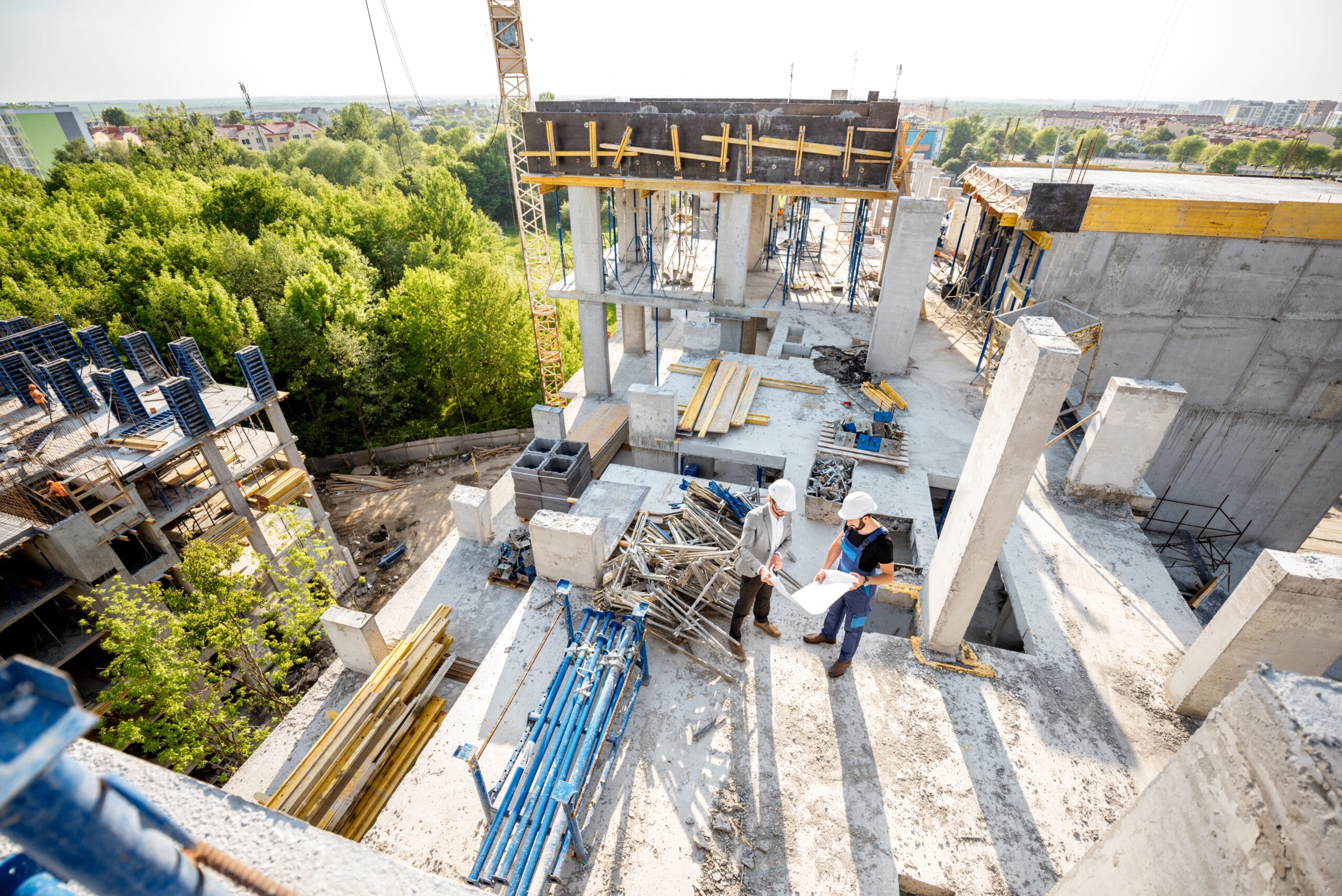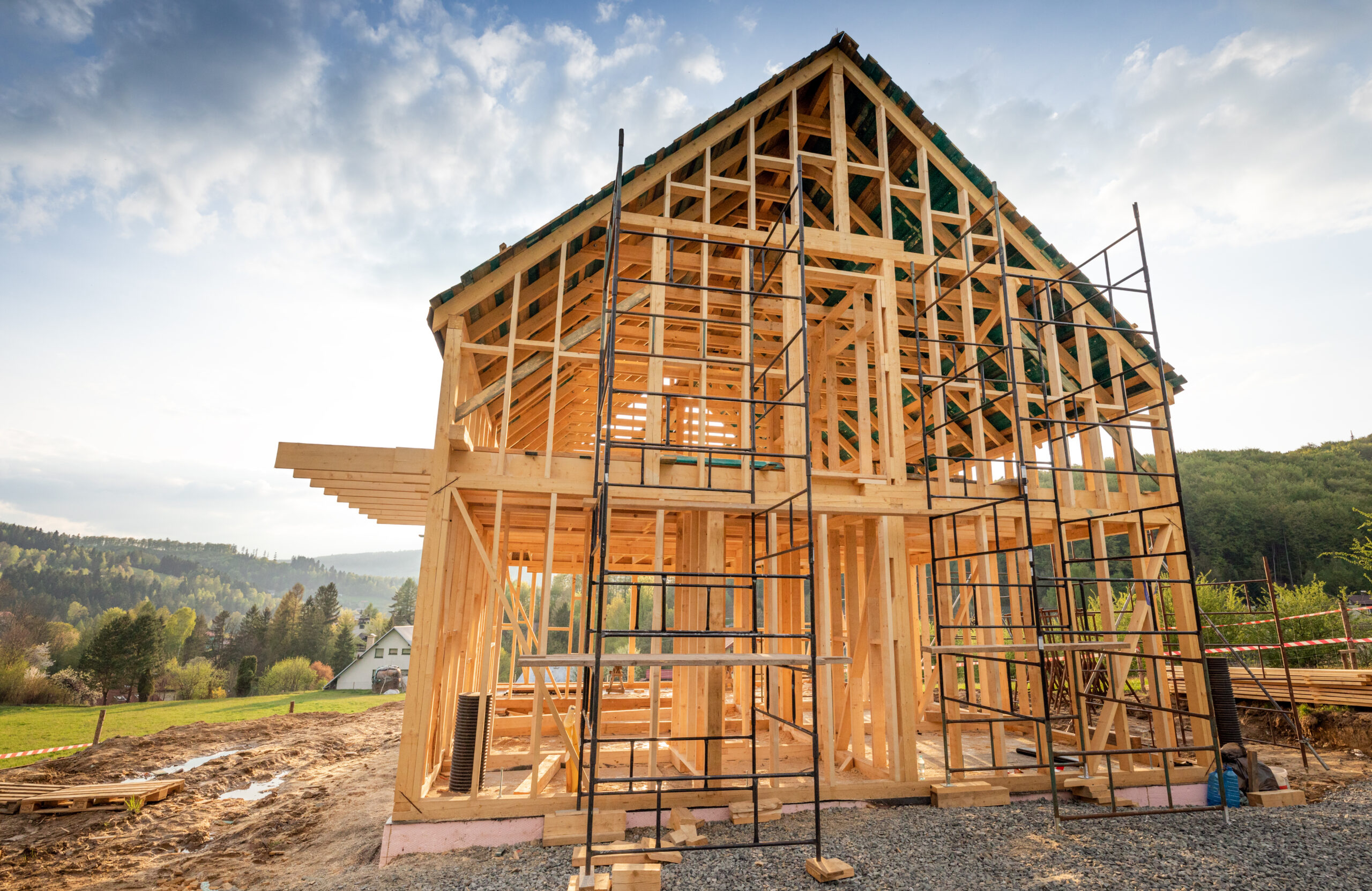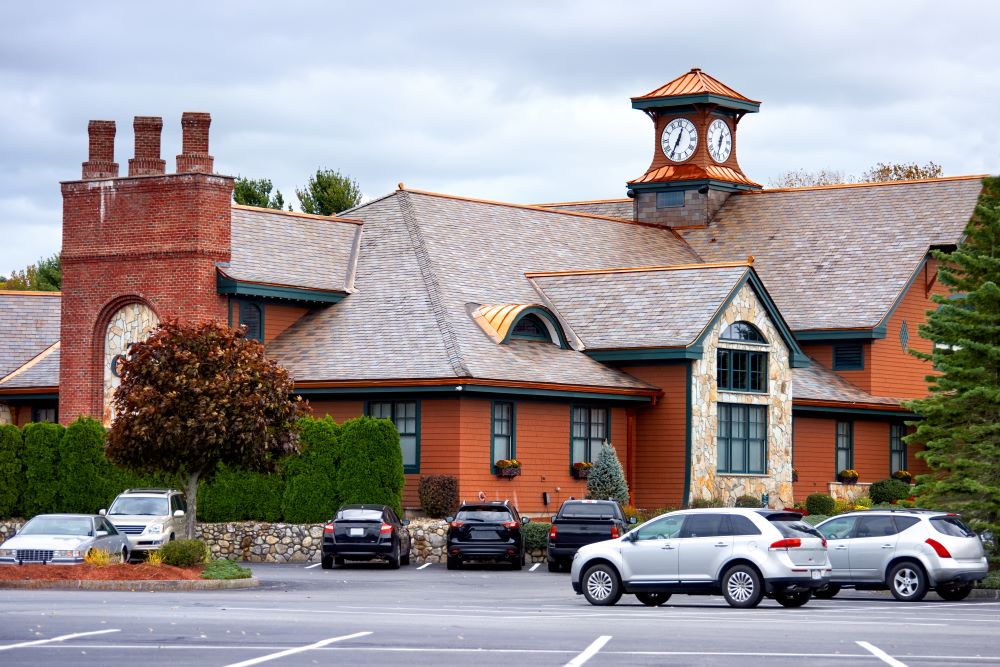A smart city utilizes advanced technologies and data-driven solutions to improve urban living conditions, enhance operational efficiency, and ensure sustainable development. This involves integrating information and communication technologies (ICT) into urban infrastructure and services.
Urban systems refer to the interconnected networks and infrastructures that make up the functioning and organization of a city. These systems are essential for maintaining the quality of life, economic vitality, and sustainability of urban environments.
Integrating urban systems with smart city technologies involves creating a cohesive and interconnected urban environment that leverages advanced technologies to improve efficiency, sustainability, and quality of life. Achieving seamless integration between urban systems and smart city technology involves a multi-faceted approach that includes planning, technology, data management, governance, and community engagement. Here are the steps that should be followed while integrating smart city tech with urban system:
Comprehensive Planning:
This integration can be achieved by establishing a shared vision for the smart city that aligns with urban development goals. It should involve all stakeholders in the planning process, including government agencies, private sector partners, and citizens. Design systems that scale and adapt to future technological advancements and urban growth.
Integrated Infrastructure:
Ensure that different urban systems (transportation, energy, water, waste management) are interconnected through a unified digital platform. Deploy Internet of Things (IoT) devices and sensors to collect real-time data across urban systems. Use standardized protocols and interfaces to ensure interoperability between different systems and devices.
Robust Data Management:
Create a centralized data platform to integrate data from various urban systems. Utilize big data analytics to derive insights and make data-driven decisions. Implement strong data privacy and security measures to protect sensitive information.
Robust data management is essential for the success of smart cities and the efficient operation of urban systems. It involves the systematic collection, storage, processing, and analysis of data to ensure its accuracy, security, and availability for decision-making.
Smart Governance:
Foster collaboration between government, private sector, and civil society for effective governance. Develop policies and regulations that support innovation while addressing ethical and legal concerns. Encourage PPPs to fund and implement smart city projects.
Advanced Technologies:
Leverage AI to analyze data, predict trends, and optimize urban operations, such as traffic management and energy distribution. Blockchain technology is used for secure and transparent data transactions and management. Employ cloud computing for scalable data storage and processing, enabling flexible and efficient resource management.
Community Engagement:
Engage citizens in the planning and implementation process through participatory platforms and feedback mechanisms. Promote digital literacy to ensure all citizens can benefit from smart city technologies. Ensure that smart city initiatives are inclusive and accessible to all segments of the population.
Improvement and Innovation:
Start with pilot projects to test and refine technologies and approaches before full-scale implementation. Continuously monitor and evaluate the performance of smart city initiatives to identify areas for improvement. Establish innovation hubs and labs to foster continuous research and development in smart city technologies.
Conclusion
By following these steps, cities can achieve seamless integration between urban systems and smart city technologies, leading to improved efficiency, sustainability, and quality of life for their residents. A smart city harnesses technology to create a more efficient, sustainable, and livable urban environment. Through the integration of smart infrastructure, connected technology, and enhanced citizen services, smart cities can address modern urban challenges and improve the overall quality of life for their inhabitants.
A holistic view of smart cities and urban systems focuses on creating an interconnected, efficient, and sustainable urban ecosystem. By integrating physical and digital infrastructure, leveraging advanced technologies, promoting sustainable practices, and engaging the community, cities can enhance the quality of life for their residents while driving economic growth and environmental sustainability. This comprehensive approach ensures that all components work together harmoniously, leading to more resilient and adaptable urban environments.














